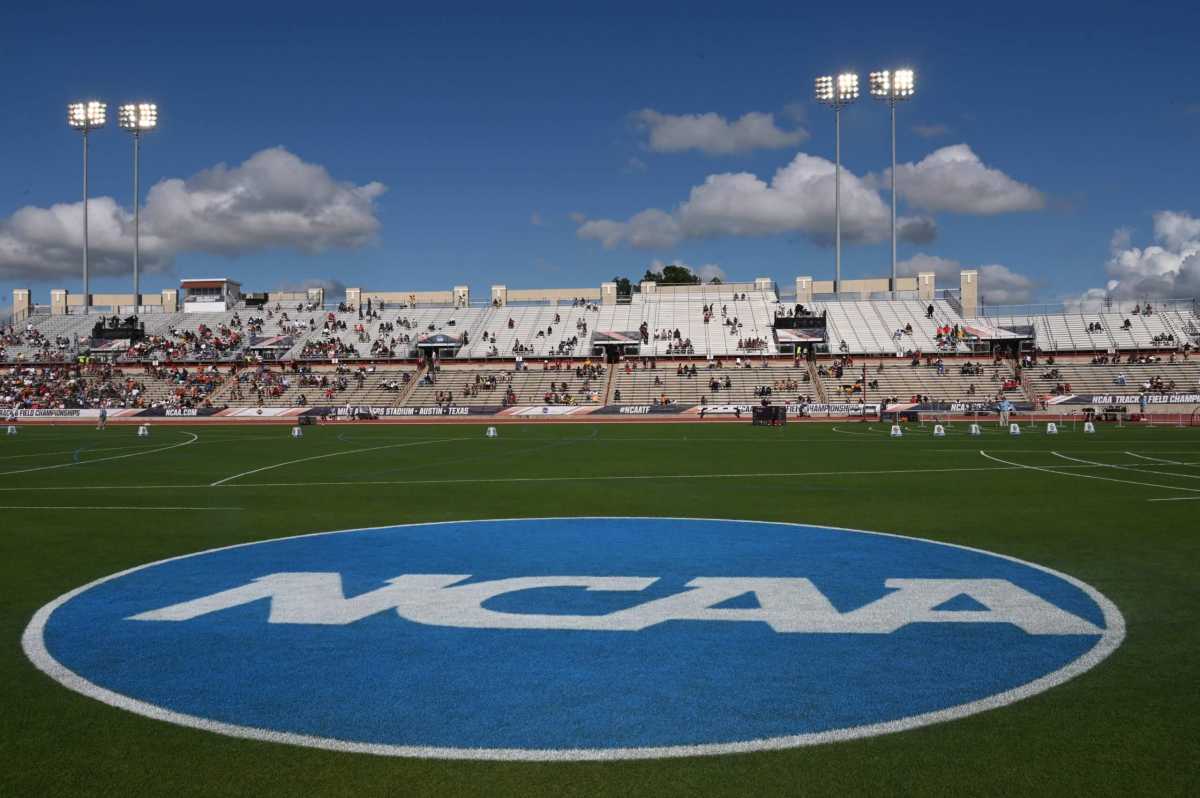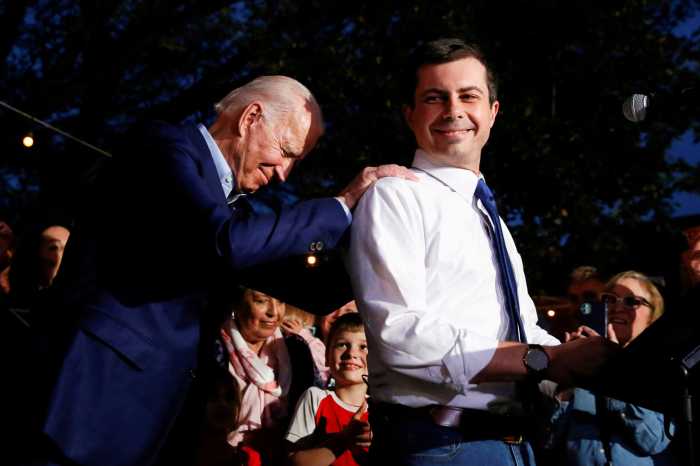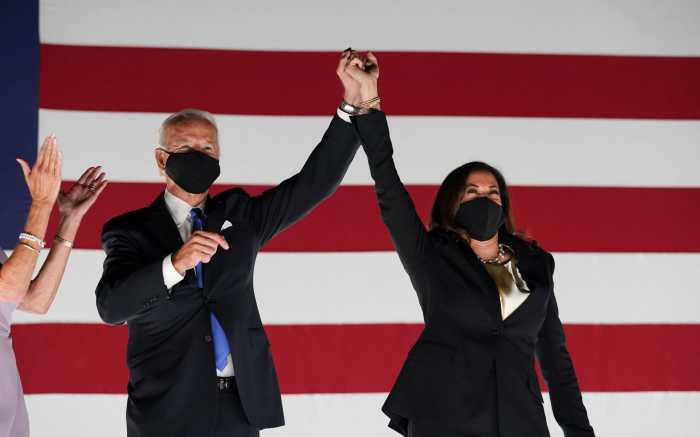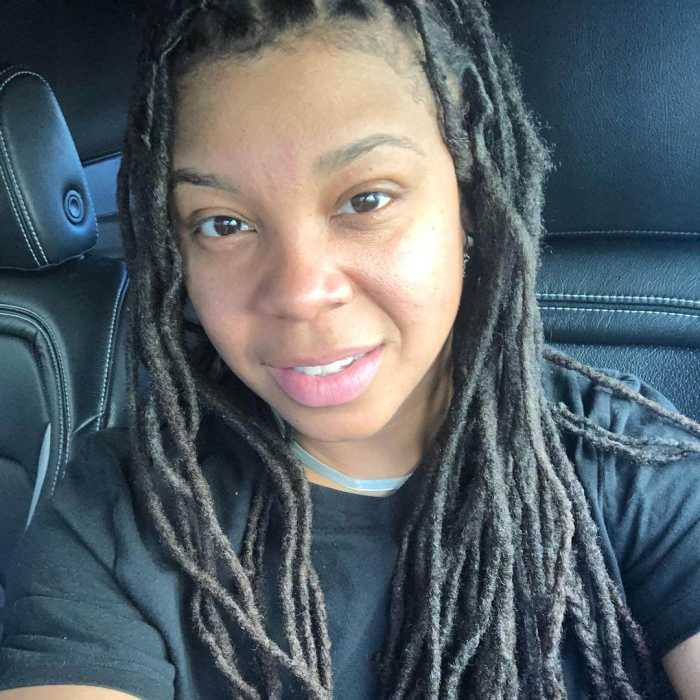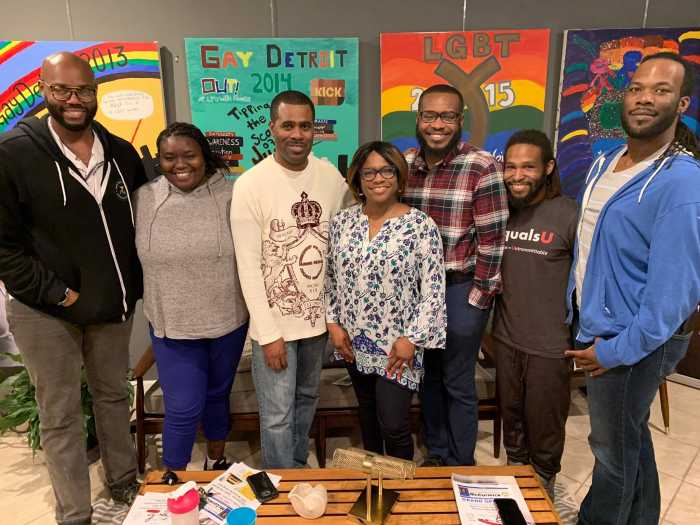A new report led by Athlete Ally shows that many NCAA Division 1 athletic departments continue to severely lack policies that support LGBTQ college athletes.
Less than three percent of NCAA Division 1 athletes participate in departments with robust protections for LGBTQ players and a whopping 92 percent of Division 1 athletic departments don’t have trans-inclusive policies, according to the annual Athletic Equality Index (AEI), which evaluates school climate for LGBTQ student-athletes, coaches, administrators, staff, and fans at Division 1 NCAA institutions.
The report also found that 70 percent of D-1 departments are missing LGBTQ educational resources, including training on the needs of trans, non-binary, and gender-non-conforming teammates. Furthermore, 80 percent of DI departments lack a fan code of conduct, which explicitly bans spectators from unleashing homophobic and transphobic attacks on athletes during sporting events.
“Of over 9,000 sports fans surveyed, the majority believed spectator stands were the most dangerous and unwelcoming of all places for LGBTQ people in sports,” researchers wrote in an executive summary.
The Athlete Ally report coincides with numerous anti-trans sports bills circulating statehouses across the country. Governors in Mississippi, Arkansas, and Tennessee have recently signed bills banning transgender and some non-binary athletes from school sports, while South Dakota Governor Kristi Noem issued her own executive orders attacking trans athletes.
To compile the research, the organization audited student-athlete handbooks, policy manuals, and official athletics websites for policies and practices advocating for the inclusion of LGBTQ students. Researchers determined the scores based on trans-inclusive sports policies, accessible non-discrimination statements, LGBTQ inclusivity training for staff and athletes, and LGBTQ resources, as well as any collaborations with their college’s LGBTQ center.
The report allows anyone to compare the grades assigned to different schools. While some schools are equipped with additional financial resources, that doesn’t always translate into inclusivity. The University of Wisconsin-Milwaukee, a smaller school with only 15 teams and about 300 athletes, scored 65 percentage points higher than Columbia University, which received a score of 25 on the AEI report.
Columbia University has a non-discrimination policy but lacks a trans inclusion policy, sexual harassment policy, fan code of conduct, LGBTQ educational resources, and trainings for staff and athletes, according to the report.
Even in the face of enduring transphobia and homophobia, queer athletes are hopeful that the Biden administration will work towards eradicating disparities that were exacerbated under the Trump administration. Last year, the Department of Justice opposed a Connecticut policy allowing transgender students to participate on a team that matches their gender identity and the Trump administration tried hiding their transphobia behind Title IX — the 1972 landmark law that established gender equity in academics and athletics. The Department of Education under Trump even threatened to withhold federal dollars for racial desegregation initiatives after Connecticut continued to allow trans athletes to participate in accordance with their gender identity.
The Justice Department under President Biden recently followed up on an executive order from President Joe Biden by issuing a new memorandum to federal agencies clarifying that Title IX bans discrimination on the basis of gender identity and sexual orientation.
“Under new leadership, we have renewed hope for greater inclusion in college athletics, but much work remains ahead,” researchers concluded. “Campuses have an opportunity to provide LGBTQ student-athletes with a safe place to be who they are.”
The group added, “Now, more than ever, students are looking to their athletic departments to provide guidance, support, and community, and to model the kind of inclusivity we hope to see in society as a whole.”
To sign up for the Gay City News email newsletter, visit gaycitynews.com/newsletter

